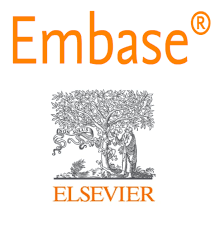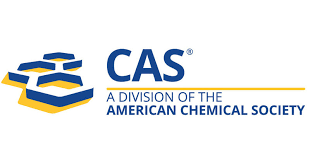Comparative Study of Caudal Blockade with 0.2% Ropivacaine Versus 0.2% Bupivacaine for Postoperative Analgesia in Children Undergoing Inguinal Herniotomy
Keywords:
Ropivacaine, Bupivacaine, HR (Heart rate),SBP (systolic Blood Pressure), Diastolic Blood Pressure, Mean Arterial Pressure (MAP),Respiratory Rate (RR),SpO2Abstract
Background: Bupivacaine provides reliable and long-lasting postoperative analgesia when given via caudal route. Ropivacaine is a newer long-acting local anesthetic agent. Preliminary reports suggest that it has less motor blockade and less cardiotoxicity than bupivacaine.
Aim of this study was to compare quality and duration of caudal block produced by ropivacaine and bupivacaine.
Methodology: This prospective, double-blind, randomized comparative study was conducted over 12 months at Narayana Health Institute and Mazumdar Shaw Cancer Centre, Bangalore, to evaluate the efficacy and safety of 0.75 ml/kg of 0.2% Ropivacaine vs. Bupivacaine for caudal epidural block in children aged 6 months to 6 years undergoing elective inguinal herniotomy among 60 patients 30 in each group. Group R (n=30): Received 0.2% Ropivacaine via caudal route and Group B (n=30): Received 0.2% Bupivacaine via caudal route to compare duration of analgesia, Assess the requirement and frequency of rescue analgesia, Evaluate the degree of motor block, Monitor and compare hemodynamic parameters (HR, BP) intra- and post-operatively and Assess postoperative sedation levels between the two groups. The study used a computer-generated randomization method to assign patients equally, ensuring double-blind allocation for unbiased comparison.
Results: The difference in Mean duration of analgesia, degree of Motor blockade, rescue analgesia requirement, post operative sedation, Hemodynamic parameters (heart rate, blood pressure) intraoperatively and post operatively between Ropivacaine & Bupivacaine are statistically not significant.
Conclusion: Caudal 0.75 ml/kg of 0.2% Ropivacaine or Bupivacaine provides effective and safe postoperative analgesia in paediatric inguinal herniotomy, with minimal motor blockade, stable hemodynamics, and no significant side effects—supporting rapid recovery and early ambulation.
.png)









